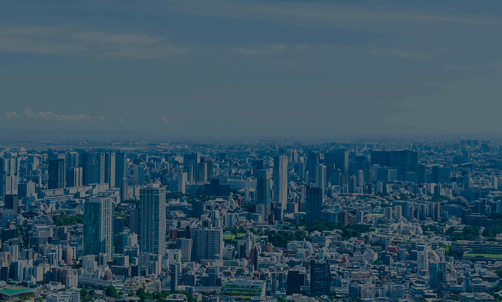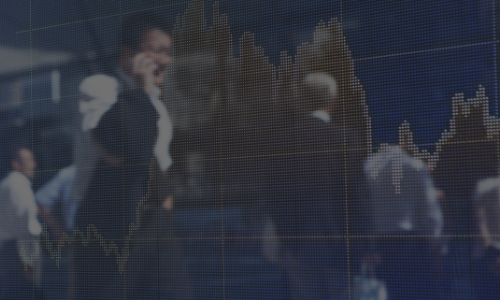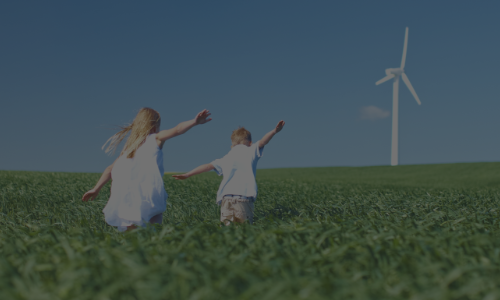- Home
- Sustainability Report
- Our Policy and Initiative to Sustainability
- Mitsubishi Materials Group's Business Activities and the SDGs
Our Policy and Initiative to Sustainability
Mitsubishi Materials Group's Business Activities and the SDGs
Universal Long-Term Goals for the International Community
In September 2015, the UN unanimously adopted the 2030 Agenda, a plan to eliminate poverty, unfairness and injustice wherever possible, protect the environment, and create a better future. One of the key features of the agenda was the Sustainable Development Goals (SDGs), which set out a vision for how the world should be by the year 2030. Following on from the Millennium Development Goals (MDGs), which the international community had been working on for 15 years since 2001, the SDGs are positioned as universal goals applicable to all countries.
The SDGs are made up of 169 targets across 17 goals that aim to achieve a sustainable world by the year 2030. They seek solutions to the various global challenges we face, including poverty and inequality, climate change, deterioration of the environment, prosperity, peace and justice. Each of the goals relates to one another, making it important to achieve each of these goals and targets by 2030.
The Group’s Business Activities and the SDGs
We intend to incorporate the SDGs into our strategies from the point of view of both comprehensive efforts to increase business competitiveness, and the creation of new products and businesses. We will also be actively working with a wide range of outside partners as we strive to achieve a balance between social value and economic value.
Of the 17 goals set out under the SDGs, numbers 7 (energy), 8 (growth and employment), 9 (innovation), 11 (cities), 12 (production and consumption) and 13 (climate change) in particular tie in with areas in which we are implementing priority initiatives.
The adoption of the SDGs by the UN has reaffirmed that we are going in the right direction with our business activities as a group, and provided us with a springboard from which to assess critical long-term risks and opportunities, in terms of issues that we need to address and the path we need to take in the future.
Based on its Corporate Philosophy of "For People, Society and the Earth," the Mitsubishi Materials Group has declared the vision of “Circulating resources for a sustainable future,” and we are committed to achieve this vision through our adopted mission of “Create a sustainable future (a prosperous, recycling-oriented and decarbonized society).”








